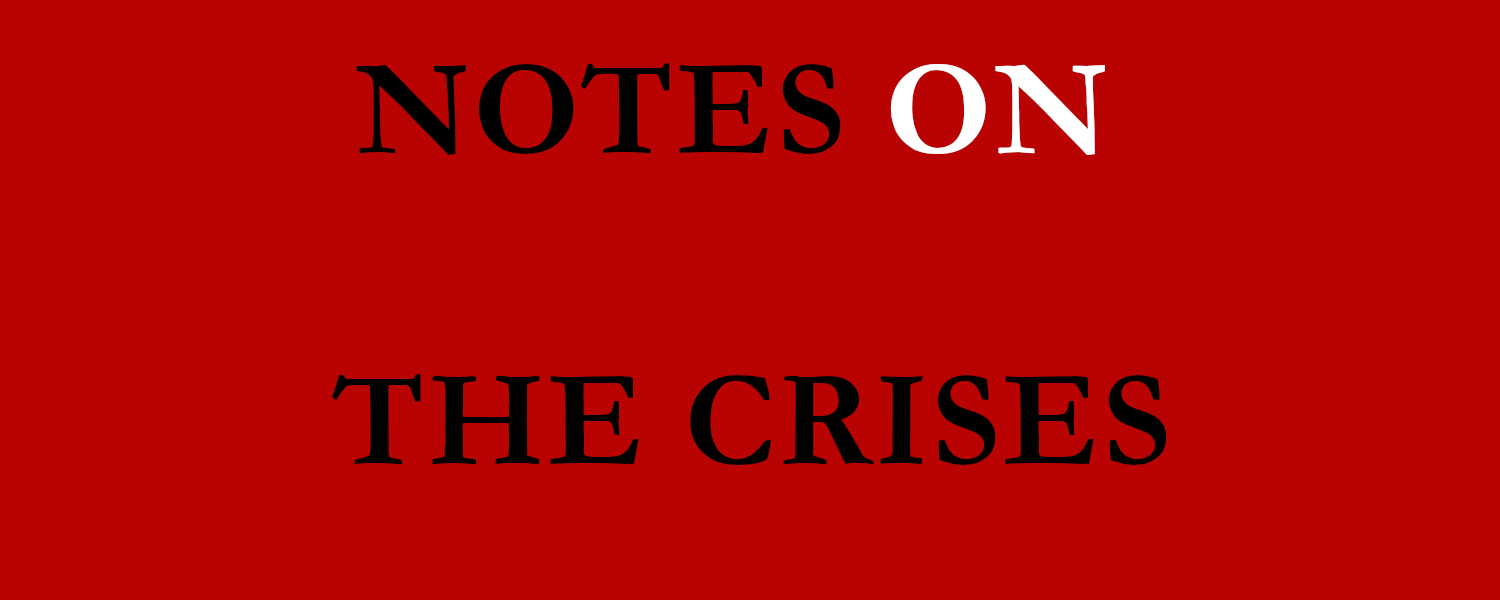The American Mind’s ‘Editorial Roundtable’ podcast is a weekly conversation with Ryan Williams, Spencer Klavan, and Mike Sabo devoted to uncovering the ideas and principles that drive American political life. Stream here or download from your favorite podcast host.
Somalia et Alia | The Roundtable Ep. 297




